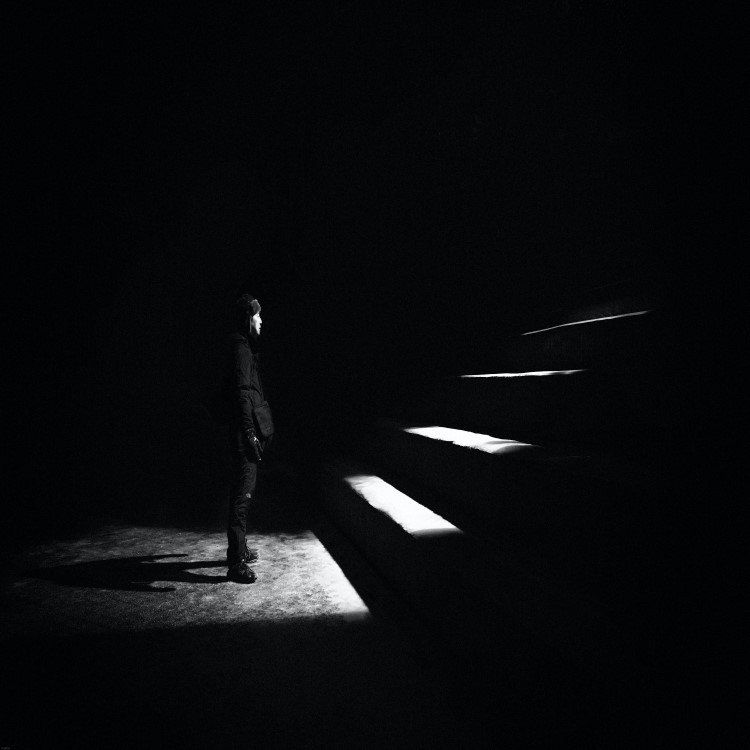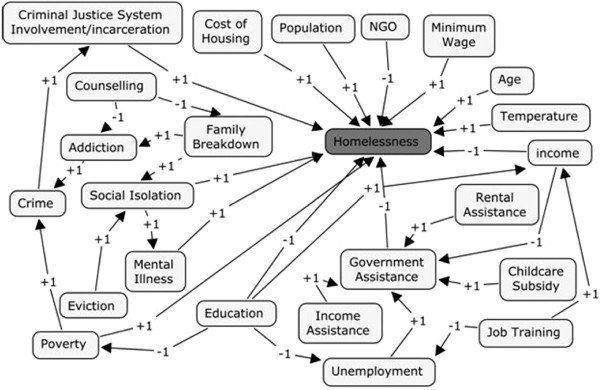The Trouble with Jesus
by Constance Hastings
The Trouble with Jesus is Good News brings a joy to the world
that can be costly to both living and one’s life.

So, JTB, have you ever heard it said, Don’t kill the messenger? Sorry, desert-dweller, but if you keep up with this talk of “the ax of God” and “never-ending fire,” well, don’t say you weren’t warned. Somebody’s going to be gunning for you. So much for all this Good News you’re supposed to be shouting about. Geez, guy, the holidays are coming. Lighten up!
Let’s clear this up right way. Good News doesn’t necessarily mean what you want to hear. Jingle your bells if you have to, but Fa La La doesn’t change the facts. John the Baptist is bringing a message that, yes, does call out some ugly things. No surprise in that regard. But go with him. Listen to his call that God can change stones into loving hearts.
First, JTB says, “Prove it.” Show your lives have turned around and gotten on board with God’s plan. Don’t assume that you’re a good person, you kind of believe, maybe even have done that baptism thing he talked about before. Live the difference that shows love of God and neighbor. Don’t make God come after you.
What Should We Do?
Thanks for asking. Funny how that question comes from differing perspectives, but the answer is sort of the same.
To the general crowd: If you’ve got two coats, give one to a poor person. If you’ve got food, share with those who are hungry. Stop the hoarding. Provide for others generously. Realize some don’t have enough to even survive, so if you’ve got anything at all, share it.
To the tax collectors: JTB, this shows you’re on to something here. Yeah, these guys rank with the “notorious sinners” category. They’re traitors in some respects because as Jews they work for the Romans. Not only that, they’re infamous for practices of extortion, collecting more than the required tax and pocketing the extra. John the Baptist tells them to just do their job, no more, and not add to the problems of already oppressed people.
To the soldiers: Now you’re speaking to the enemy. Watch your back! In their world, asking for orders from JTB could be interpreted as an act of treason. Their allegiance was to be solely for Caesar. Interestingly, however, these guys came to him; he didn’t enter their camps. Known for abuse of power, some of them could have been familiar because the Romans conscripted some Jews into their armies. JTB is direct: Stop the bullying and quit accepting bribes.
Good News/Bad News
John the Baptist was big on repentance, a turnaround and reversal from living like the rest of the world. No more just go along to get along, and don’t mind the mess in the middle. This kind of message is costly, painful, and upsetting to the status quo. Self-interests must submit to God-interests. Regardless of status or station, justice proves to be an exposé of one’s central values, particularly economic justice. How can one otherwise claim to love God and neighbor when others are in need or exploited?
Boundaries Can Hurt But Don’t Harm
Understandably, John’s imagery of snakes and vipers fits. There is no wiggle room or slithering away from his proclamations, and those who don’t like it have been known to attack with poisonous venom. Sure, it’s tough. Yet, repentance which goes beyond being sorry but actuates real change is the impetus for what the Promised One will accomplish. Inherent in it is that God is interested and will judge not only on the basis of actions taken for the benefit of others but also for what has been left undone, not gone far enough. (James 4:17)
Burning Man
If anything, JTB practiced what he preached. He refused to claim the Messiahship when the crowds came, desperate to see in him a deliverer. Instead, he stuck to the role of mere messenger, preparing the people and pointing to the one who would come. In true humility, John the Baptist acknowledged his baptism was only with water; whatever they learned from him was only as one no more than servant to One much greater than he.
This Promised One would be more than they expected—or wanted. Again, JTB calls on imagery that both frightens and excites. Their Messiah would wield a winnowing fork which was used to toss wheat into the wind. A wind of Spirit would blow away the chaff, the useless dross, and allow the good grain to fall and be gathered up, stored in the barn, made into what would become the Bread of Life. Meanwhile, the chaff is swept up and burned in the intensive fires of reversal, consuming selfish desires to hoard and control the weaker ones. Thus, the fire/wind of Holy Spirit cleanses and refines that which feeds the soul while that which is waste is consumed.
Joy, Of Sorts
For too long, the crowd had little reason for joy. Generations experienced and lived through both corruption and incompetent political leadership. More than one military had overstepped its role with disregard for the common people. Social order had disintegrated into rampant greed with no safety nets for those who suffered. From a daily, low grade, anxious uneasiness to rampant fear, people constantly looked over their backs while watching for whatever might come next. Sound familiar?
John the Baptist’s words were caustic; his imagery was visceral. But they anticipated change, deliverance, a coming peace that would not be dependent on the old systems. Sensing God was set to move, people turned to this weird prophet shouting in the desert. At the source, for the first time in forever, they knew joy for a new world order of God was about to begin.
When it seems the worst could or has happened, that’s when God shows up.
Granted, this is not a cheap joy or would be an easy fight. Still, in identifying with God’s cause, the people prepared and watched for what was coming. Good News was close.
And John the Baptist? JTB was eliminated, of course. (Matthew 4:1-12) That’s what happens to messengers.
The Trouble with Jesus: Considerations Before You Walk Away by Constance Hastings
Available wherever you get your books or Click Here to support local independent bookstores!
Subscribe to The Trouble with Jesus Blog Here.












